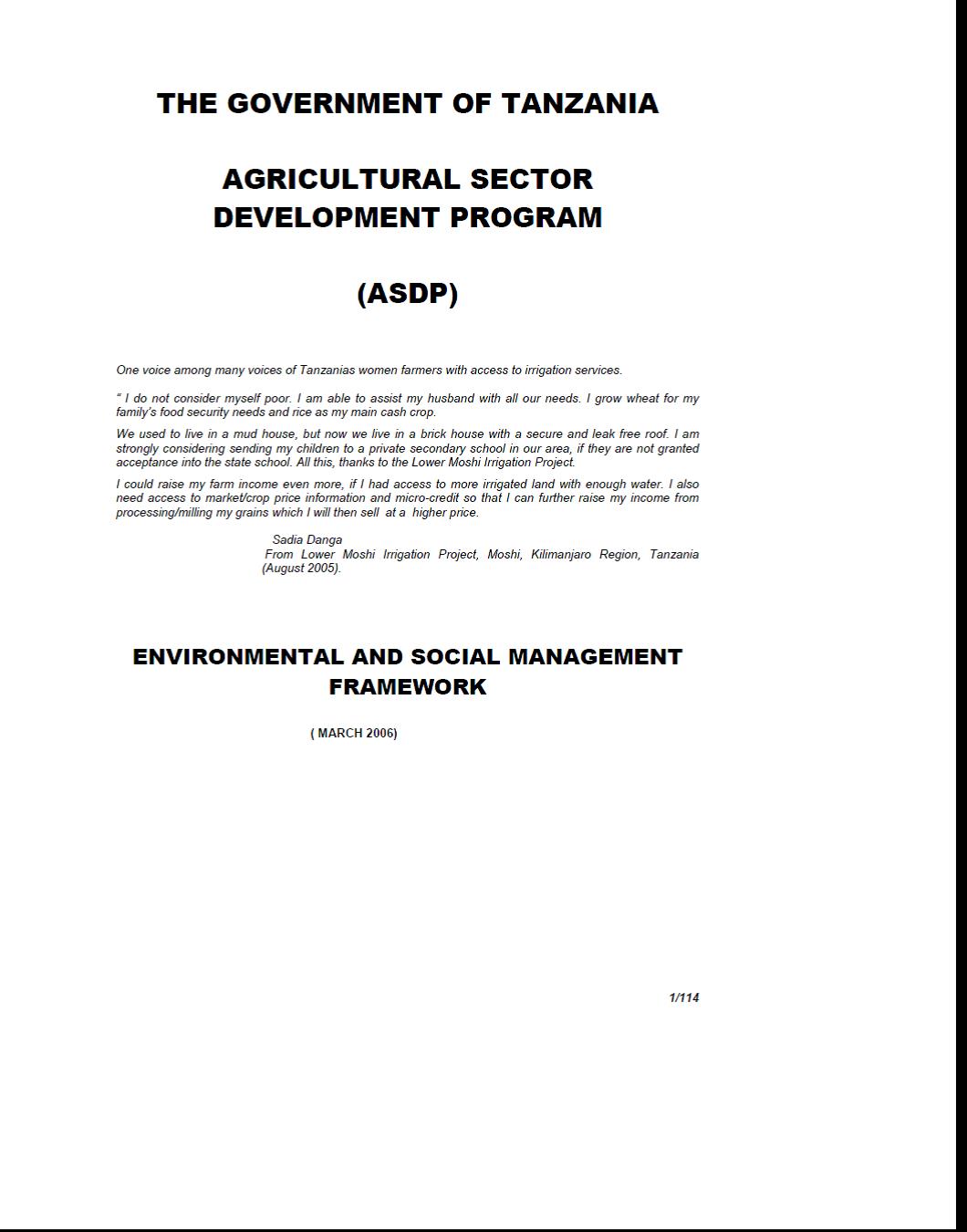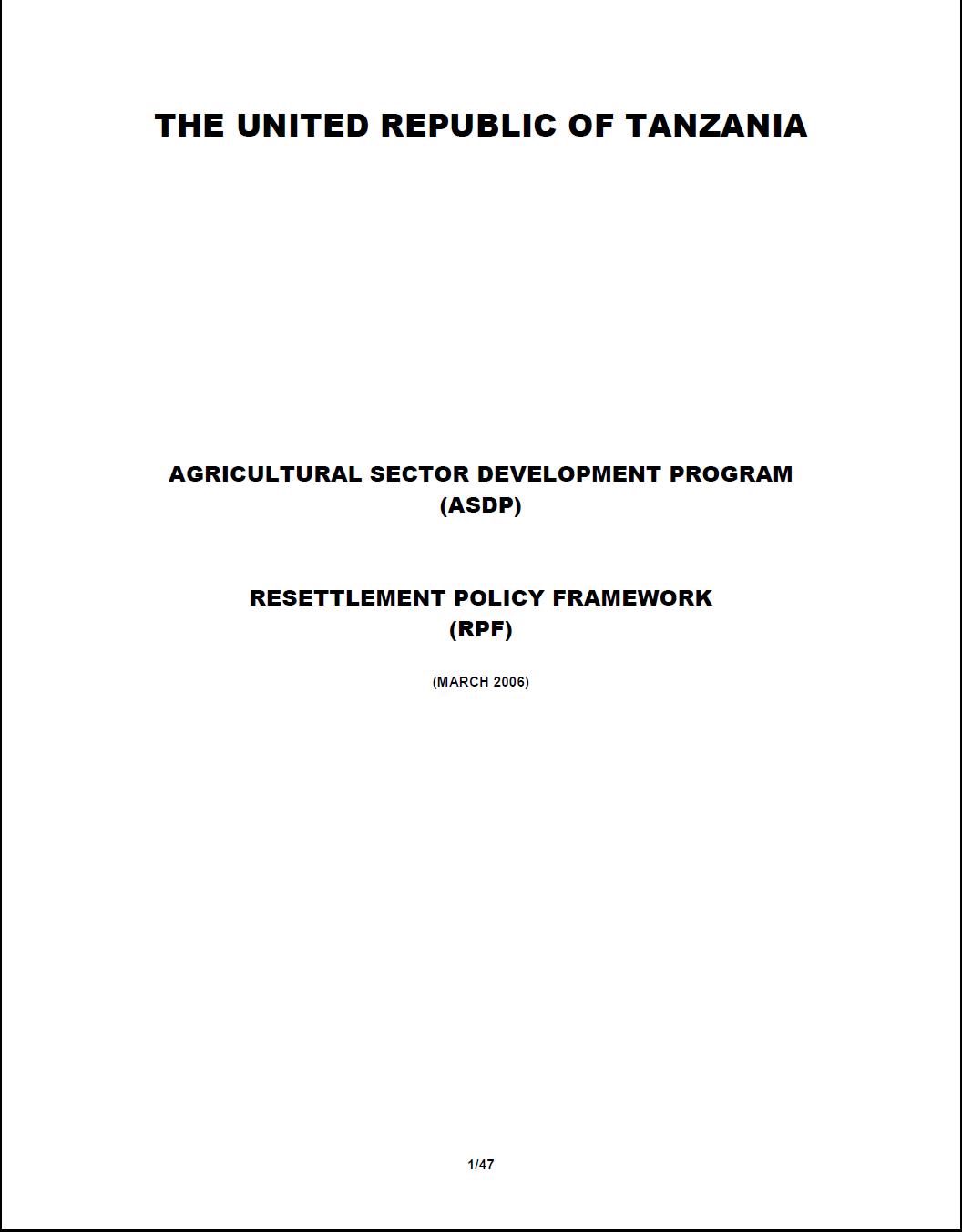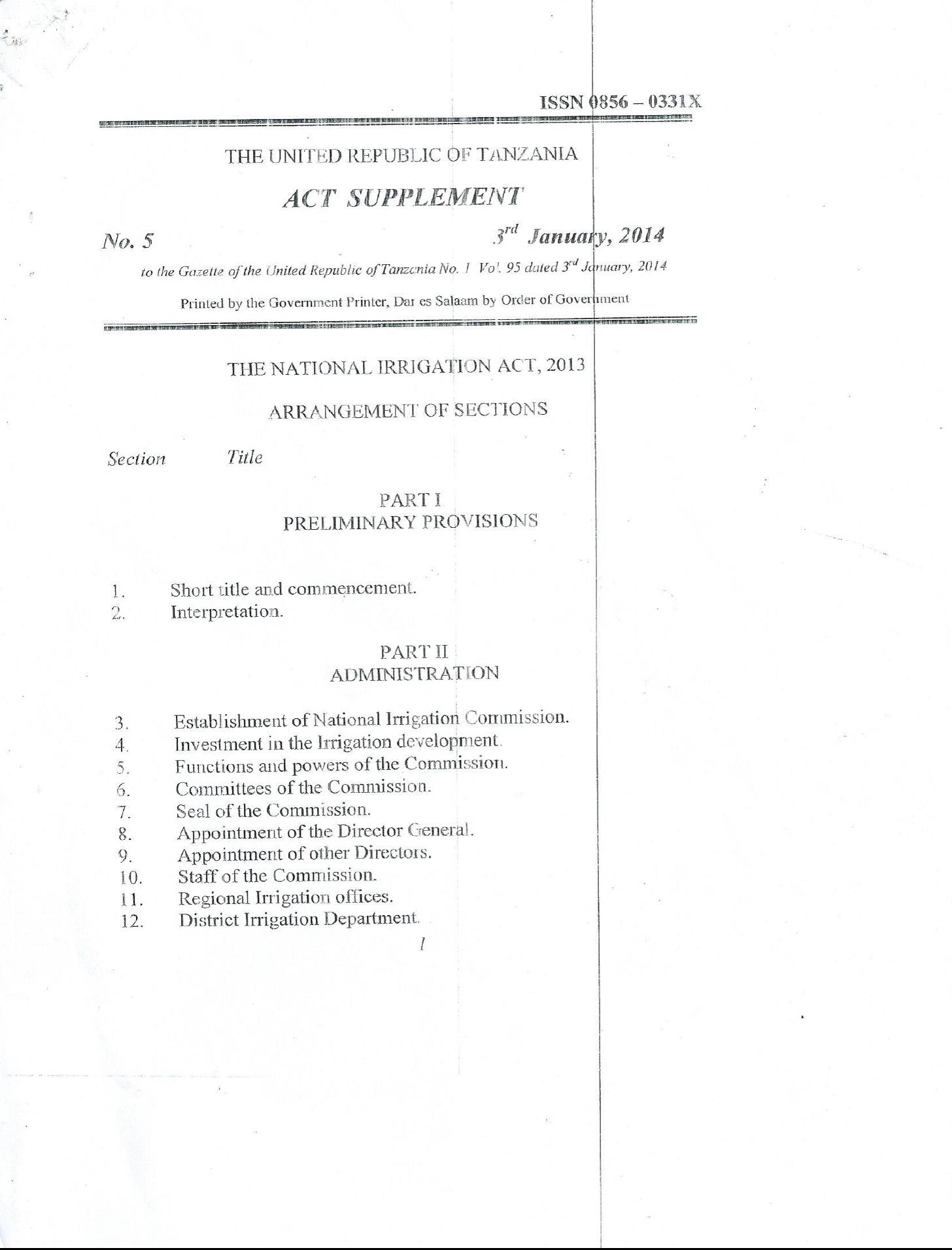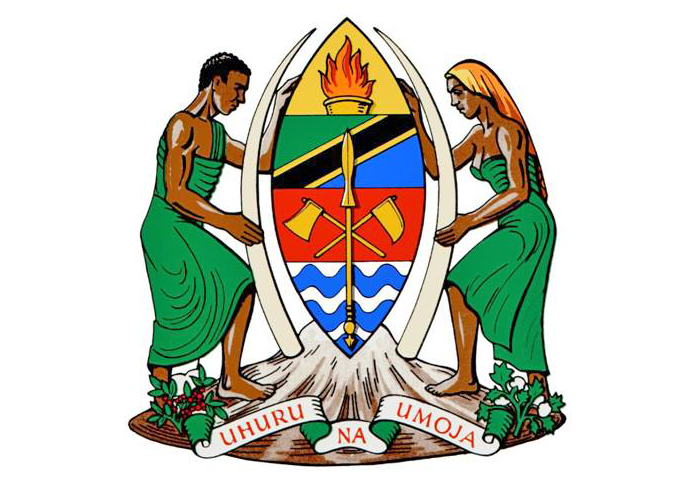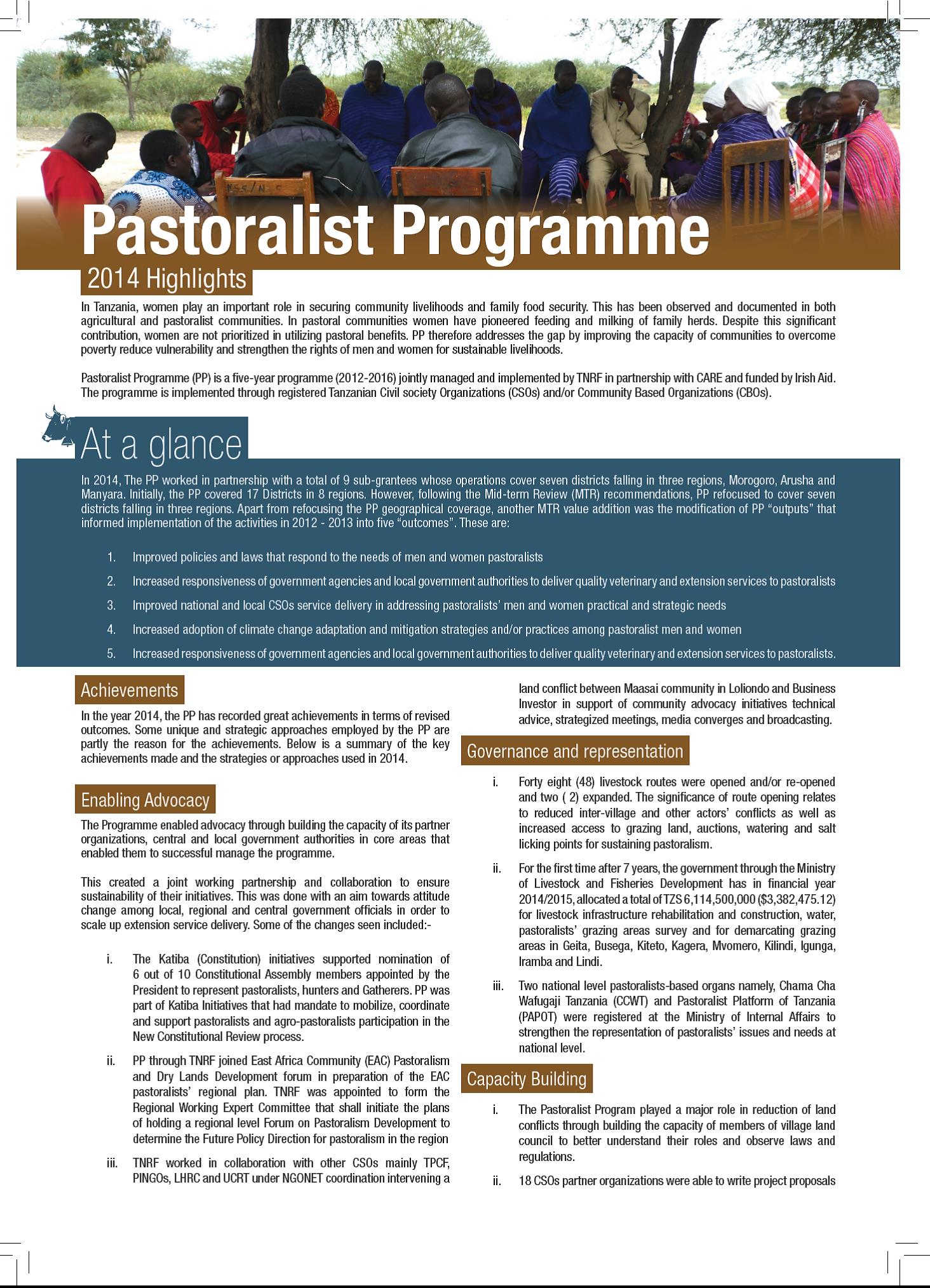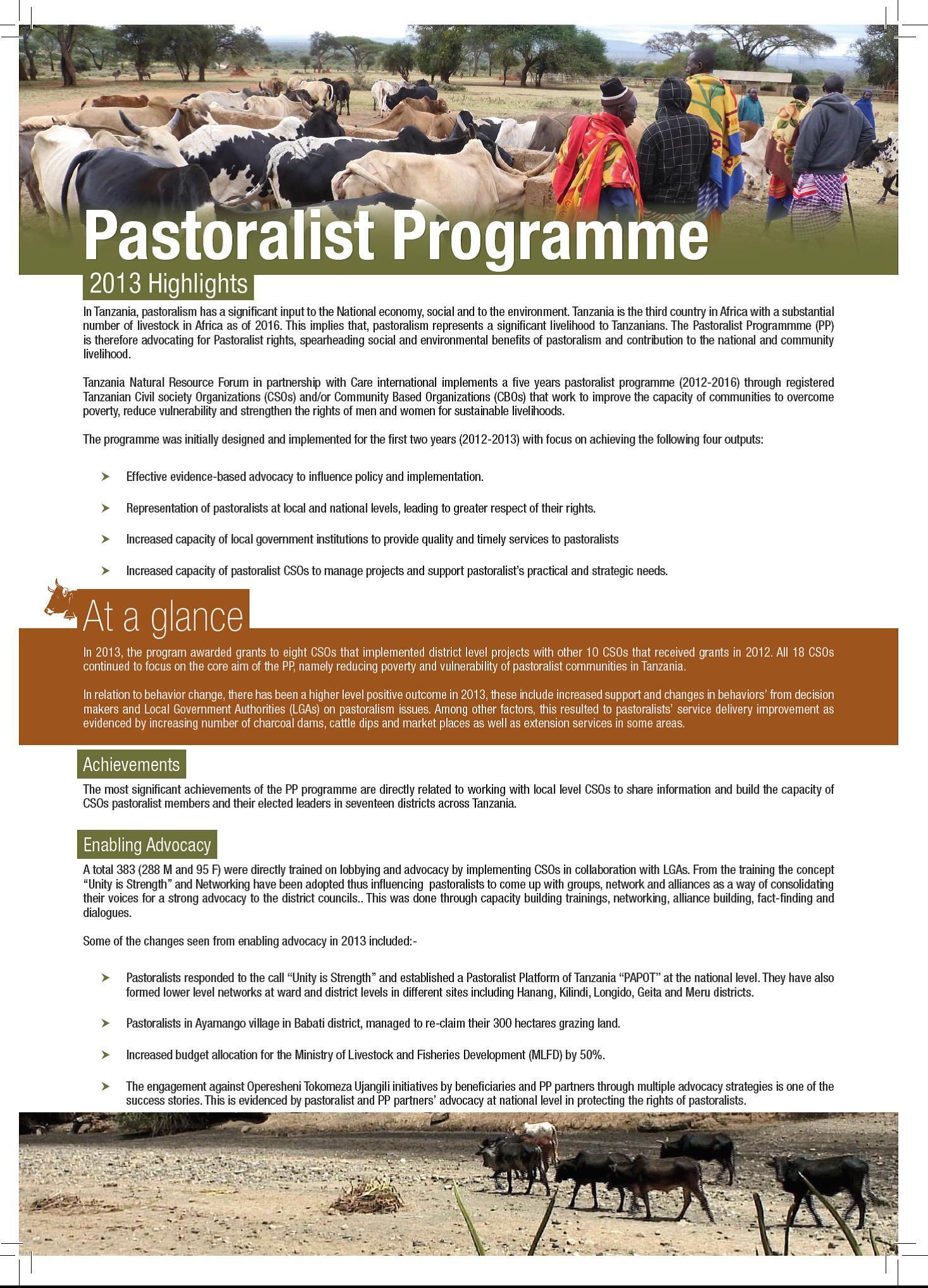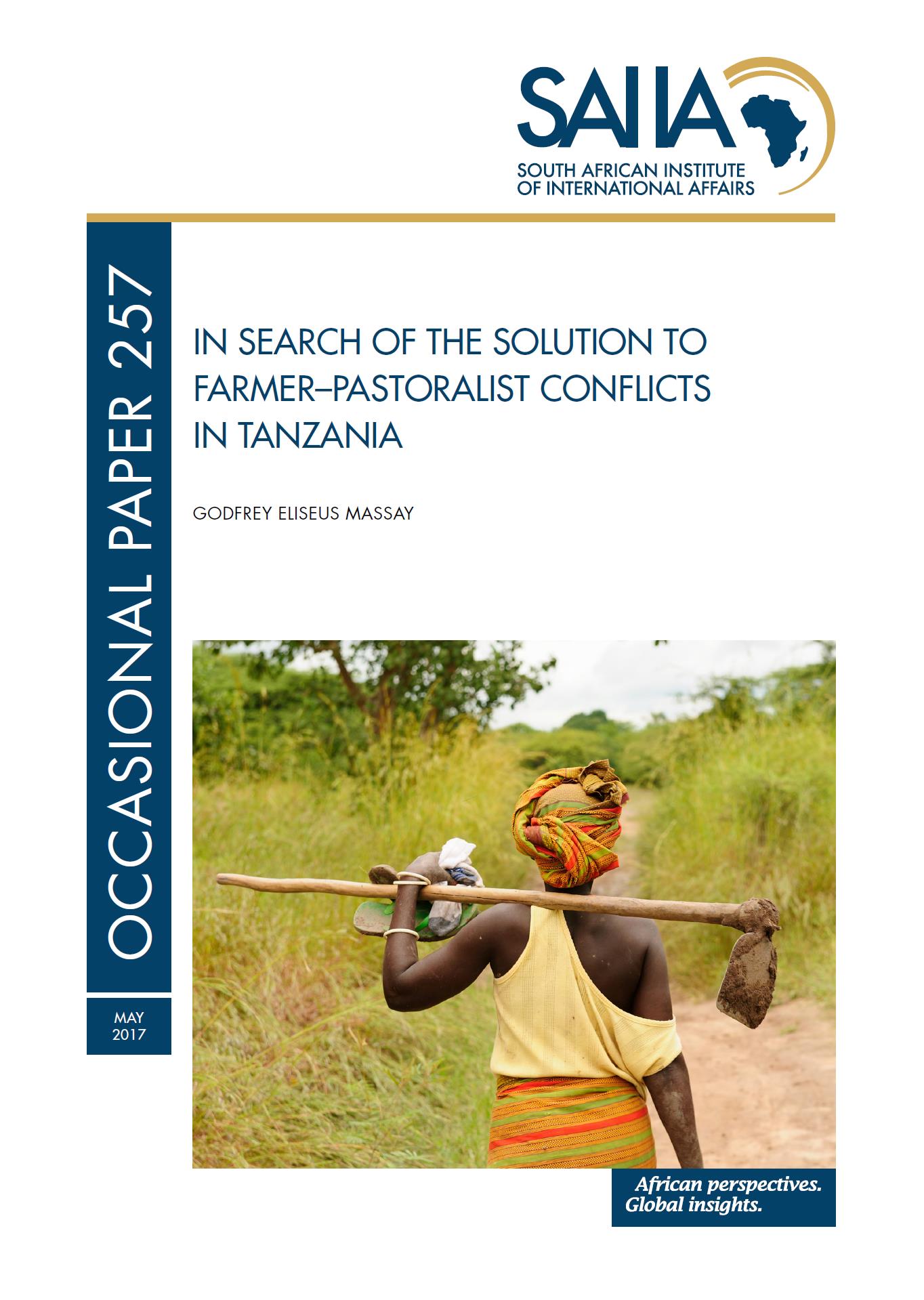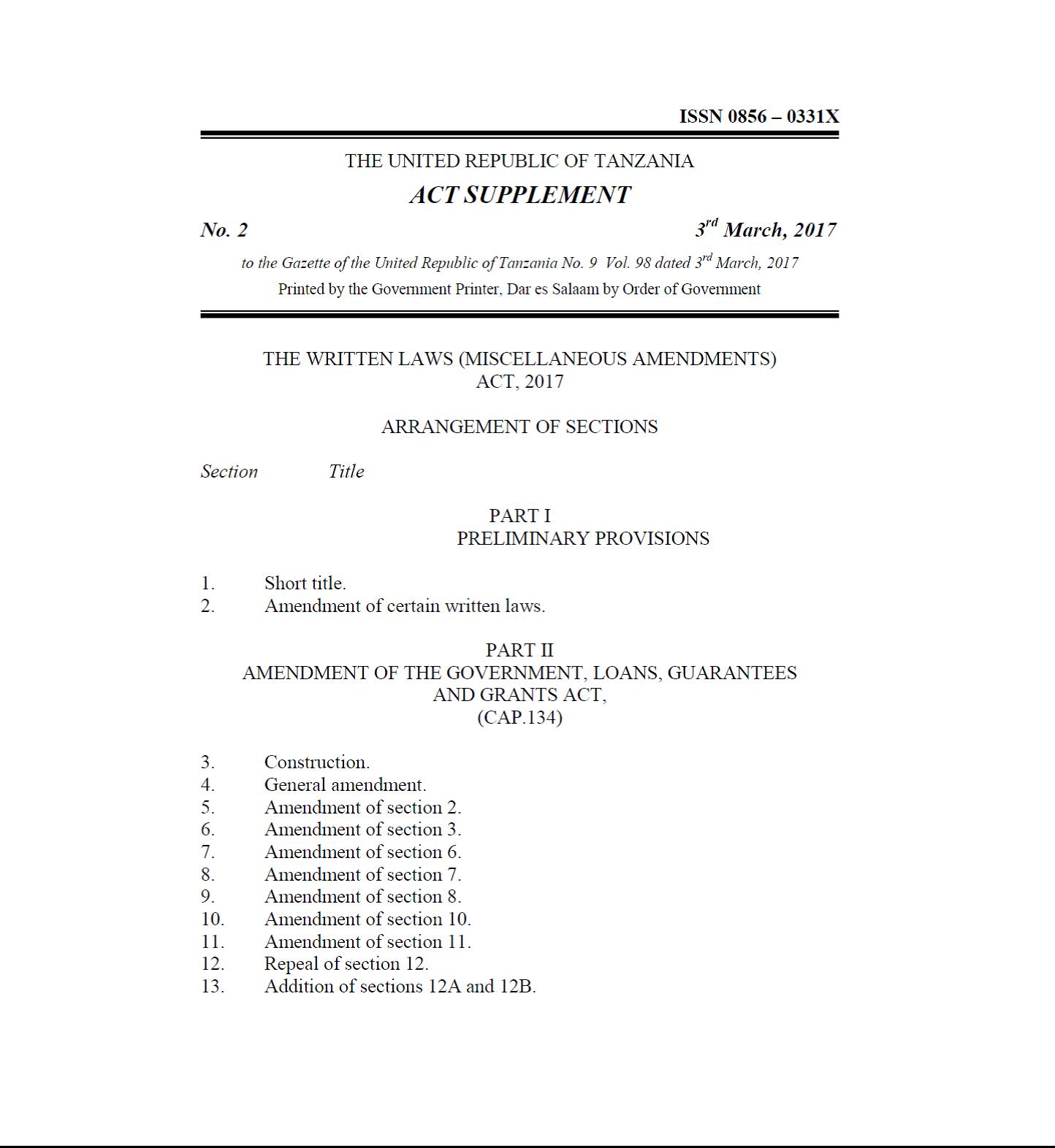Godfrey Eliseus Massay is a lawyer and land tenure specialist.He has eight years of experience working on land rights and in the natural resource sector in Tanzania, and has written and published numerous articles on land rights in both national and international academic journals.
Details
Location
Contributions
Displaying 11 - 20 of 218Accelerating Pro-poor Growth in the Context of Kilimo Kwanza
Since early 1990’s Tanzania has implemented far reaching macroeconomic and structural reforms which has led to substantial socio-economic development. GDP growth per annum has almost doubled over the last decade from 4.1% in 1998 to 7.4% in 2008, with an average growth of 7% per annum. This is historically high for Tanzania and comparable to the performance of fastest growing economies in sub-Saharan Africa. GDP growth peaked in 2004 at 7.8%, but severe and prolonged drought during 2005/06 negatively affected the economy, and the GDP has been gradually recovering to reach 7.4% in 2008.
Agricultural Sector Development Program (ASDP)
In August 2001, The Government of Tanzania (GoT) approved the Agricultural Sector Development Strategy (ASDS) which envisages an agricultural sector that, by 2025, is modernized, commercial, highly productive and profitable, and utilizes natural resources in a sustainable manner. The ASDS has identified five strategic issues:
• Strengthening the institutional framework.
• Creating a favorable environment for commercial activities.
• Clarifying public and private sector roles in improving support services.
Agricultural Sector Development Program (ASDP)
A policy to guide resettlement in agricultural projects under ASDP
The National Irrigation Act
An Act to provide the establishment of the National Irrigation Commission; to provide for the development,operation and maintenance of irrigation and drainage systems; to provide for effective implementation of the National Irrigation Policy, the National Irrigation Development Strategy and to provide for related matters.
National Agriculture Policy
The NAP 2013 aims at addressing challenges that continue to hinder the development of the agricultural sector; these include low productivity; over dependence on rain-fed agriculture; inadequate agriculture support services; poor infrastructure; weak agro-industries; low quality of agricultural produce; inadequate participation of the country’s private sector in agriculture; environmental degradation and crop pests and diseases.
Tanzanian Ministry of Agriculture Livestock and Fisheries
The vision of the Ministry of Agriculture Livestock and Fisheries Client Service charter is stipulated in the following statement:
Nucleus for providing policy guidance and services to a modernized, commercialized, competitive and effective agriculture and cooperative systems by 2025
Pastoralist Programme
In the year 2014, the PP has recorded great achievements in terms of revised outcomes. Some unique and strategic approaches employed by the PP are partly the reason for the achievements. This brief is a summary of the key achievements made and the strategies or approaches used in 2014.
Pastoralist Programme
Tanzania Natural Resource Forum in partnership with Care international implements a five years pastoralist programme (2012-2016) through registered Tanzanian Civil society Organizations (CSOs) and/or Community Based Organizations (CBOs) that work to improve the capacity of communities to overcome poverty, reduce vulnerability and strengthen the rights of men and women for sustainable livelihoods. This brief covers some highlights for 2013.
In Search of the Solution to Farmer–Pastoralist Conflicts in Tanzania
Land-use conflict is not a new phenomenon for pastoralists and farmers in Tanzania with murders, the killing of livestock and the loss of property as a consequence of this conflict featuring in the news for many years now. Various actors, including civil society organisations, have tried to address farmer–pastoralist conflict through mass education programmes, land-use planning, policy reforms and the development of community institutions. However, these efforts have not succeeded in the conflict.
Written Laws (Miscellaneous Amendments) Act, 2017.
An Act to amend certain written laws.



